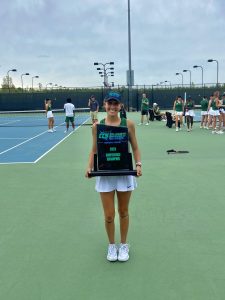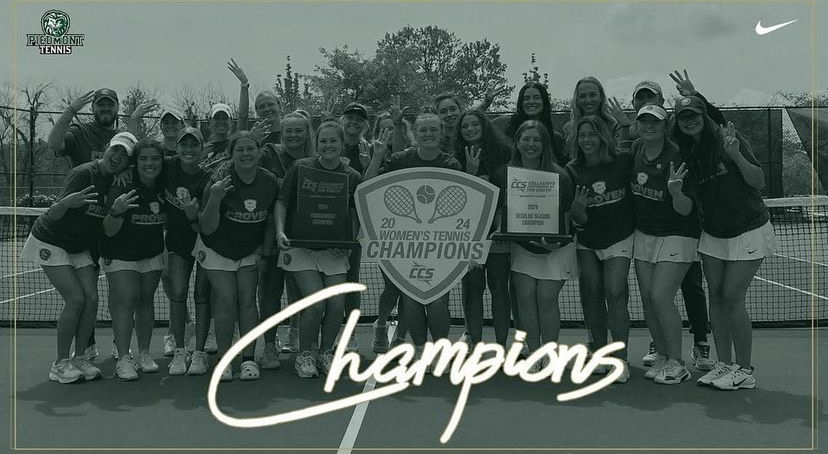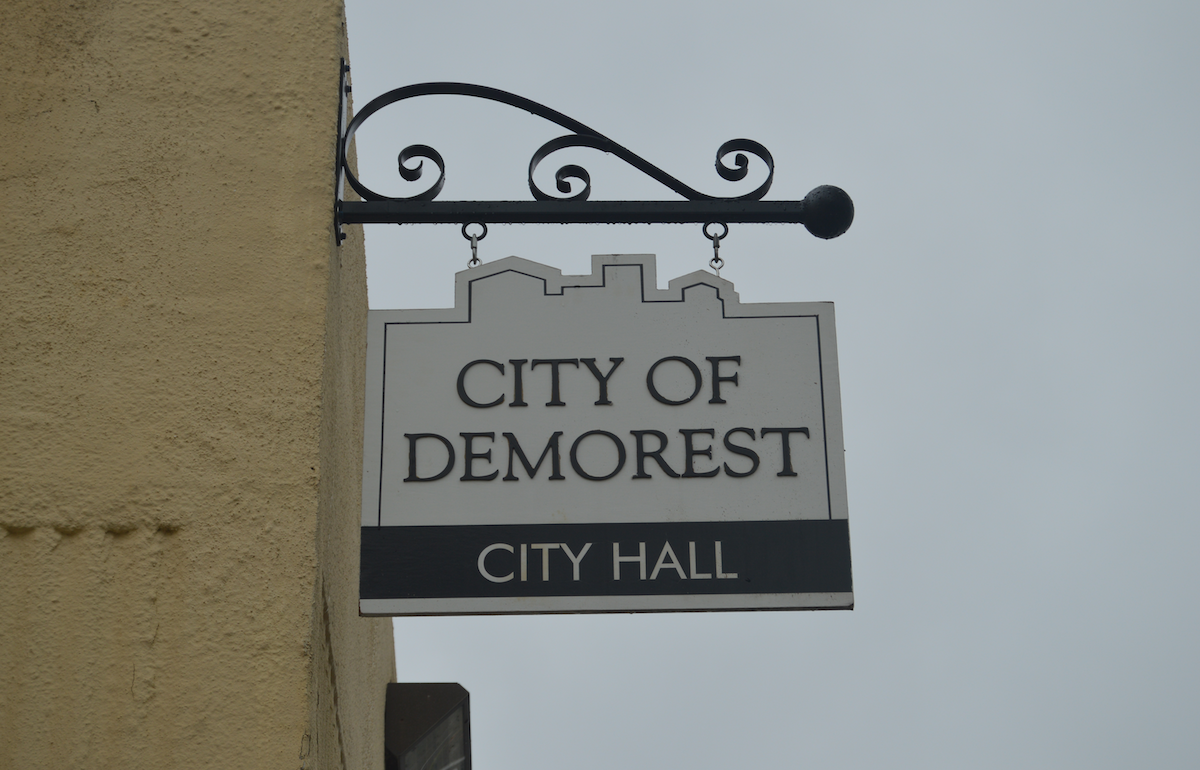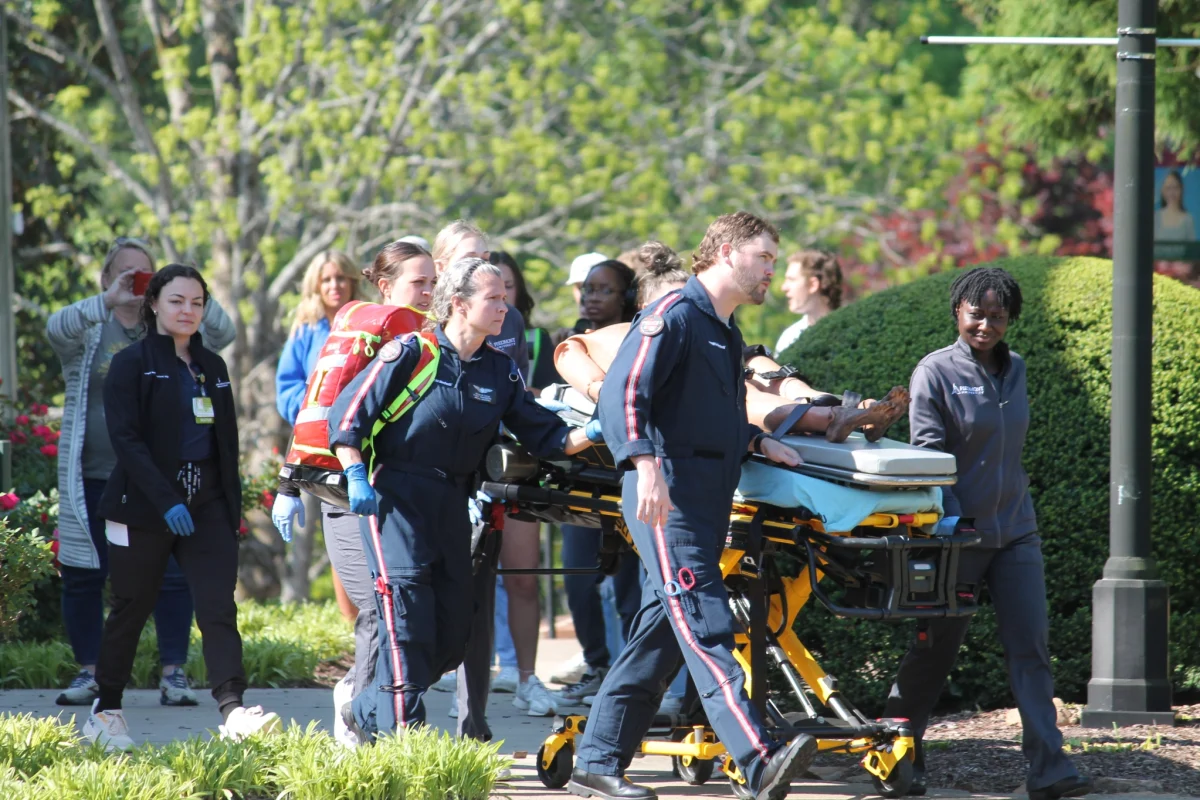By MANYI ENO
Staff Writer
For the past 20 years, national colleges’ and universities’ full-time faculty employment rates have been decreasing.
“It is a national trend that more part-time faculty are being utilized,” President James Mellichamp said when asked if Piedmont is hiring part-time professors for financial reasons within the institution.
He said one of the reasons Piedmont uses part-time professors is because of fluctuating enrollment. He explained that hiring part-time professors at Piedmont helps the institution expand courses.
“[The administration is] currently planning for a whole series of classes that we want to offer next year for undergraduate and graduate students. Enrollments are never one hundred percent predictable, and we are using our best guess at how many students are going to want to take which classes,” Mellichamp said.
Mellichamp went on to explain that Piedmont hires part-time professors to offer classes that generate more enrollment. For example, Piedmont offers a Japanese language course to students on an occasional basis each year.
“If we were to offer eight classes in Japanese, there wouldn’t be students in any of them,” he said. “There might be one in each class depending on when it is taught.”
In the past four years, Mellichamp said that there have been teachers who have been promoted to full-time, but he is not sure how many exactly have been.
One professor promoted from a part-time to a full-time position is Assistant Professor of Theatre Kathy Blandin.
Blandin was promoted last year to a full time professor in the theatre department when she was asked to come back to teach more than one course.
She has her doctorate in theatre education, has been teaching for 21 years and started as an adjunct professor at Piedmont in 2010.
“[The theater department] needed someone with a background in theatre education to teach Children’s Theatre,” Blandin said.
Blandin explained she did not have an office when she was an adjunct professor. She kept in contact with her students through email, and she said she did not really know any of the faculty.
“There was this rumor that I didn’t really exist,” Blandin laughed.
Blandin was asked in the spring of 2013 to teach two or three courses.
“Last year I was a fellow; I taught a full load,” she said.
A fellow is a faculty member who is still considered part-time and teaches what might be considered a full load of courses but has no other faculty responsibilities.
According to Mellichamp, adjunct and part-time can be used interchangeably.
“Every full-time faculty member at Piedmont has many responsibilities beyond just showing up and teaching a class,” he said. “They have to advise students, attend faculty meetings, [and] serve on college committees.”
Now that she is a full-time professor, Blandin said that advising is something that she will have to get use to doing each semester.
“Advising takes time and I’m sure it will become easier the more I keep doing it,” she said. “It’s definitely a lot more responsibility, but when I was part-time I didn’t feel the same type of ownership over my time here. I definitely feel responsible to the entire theatre department to do a good job and make good decisions.”
Blandin said she did not feel a sense of belonging to the department when she was a part-time professor.
“I’m sure there are adjuncts out there that feel a great sense of responsibility and a great sense of belonging; I never did,” she said. “But I also didn’t seek it out, and I also had another job.”
Mellichamp said that in order to hire a faculty member full-time, professors have to take on a teaching load of twelve credit hours per semester and twenty-four hours per year, which comes out to eight classes.
“You can’t justify paying a full-time faculty member if you don’t have anything for them to teach,” he said.
According to Mellichamp, the average salary of a full time professor at Piedmont is $55,305, and the average for institutions with whom Piedmont measures themselves against is $55,251 for the 2012 to 2013 academic year.
“We were actually paying more than our peer institutions,” he said.
Mellichamp said that the part-time salary is based on whether a professor teaches a graduate or undergraduate course. Professors are paid $2,200 per three credit hour course for undergraduate and $3,000 for a graduate three credit hour course.
Blandin said the theatre department requested for another faculty line be added to the department for several years.
“But, it was not until this year that the college felt financially able that they could and then I was promoted to full-time from fellow,” she said.
Mellichamp said that Piedmont is possibly hiring more part-time professors than full-time.
“Often times we need people to teach isolated courses, and that makes it appear we use a lot of part-time faculty members when actually they’re teaching one course here,” he said.
Mellichamp said that Piedmont relies on part-time faculty members in graduate programs more so than they do at the undergraduate level.
“We believe that students in our graduate programs can benefit from having faculty members who have ‘real world experience,’” he said. “These are individuals who have unbelievable amounts of talent, but who already have full-time jobs, and we’re lucky that we can bring them in to provide real-world experience on a part-time basis for our students. For our students to be able to study at the feet of someone like that is pretty awesome.”
However, Mellichamp said that part-time professors do not receive the same benefits as full-time professors do.
“As part-time workers, they don’t qualify for fringe benefits, so they don’t receive health care coverage, retirement contributions, and etcetera,” he said.
The lack of benefits part-time professors receive is not a Piedmont policy. Every college and university in the United States compensates part-time faculty differently.
“A lot of times, these are individuals who have full-time jobs somewhere else where they have health insurance,” Mellichamp said.
He said that every institution, not just Piedmont, has to justify the number of full-time and part-time faculty members they use, and the external accrediting agencies have always agreed that Piedmont has an appropriate balance between the two.
According to Mellichamp, Piedmont currently employs 120 full-time professors.
He did not specify the exact number of part-time professors, but he said “our part-time instructors teach the equivalent of 39 full-time faculty.”















